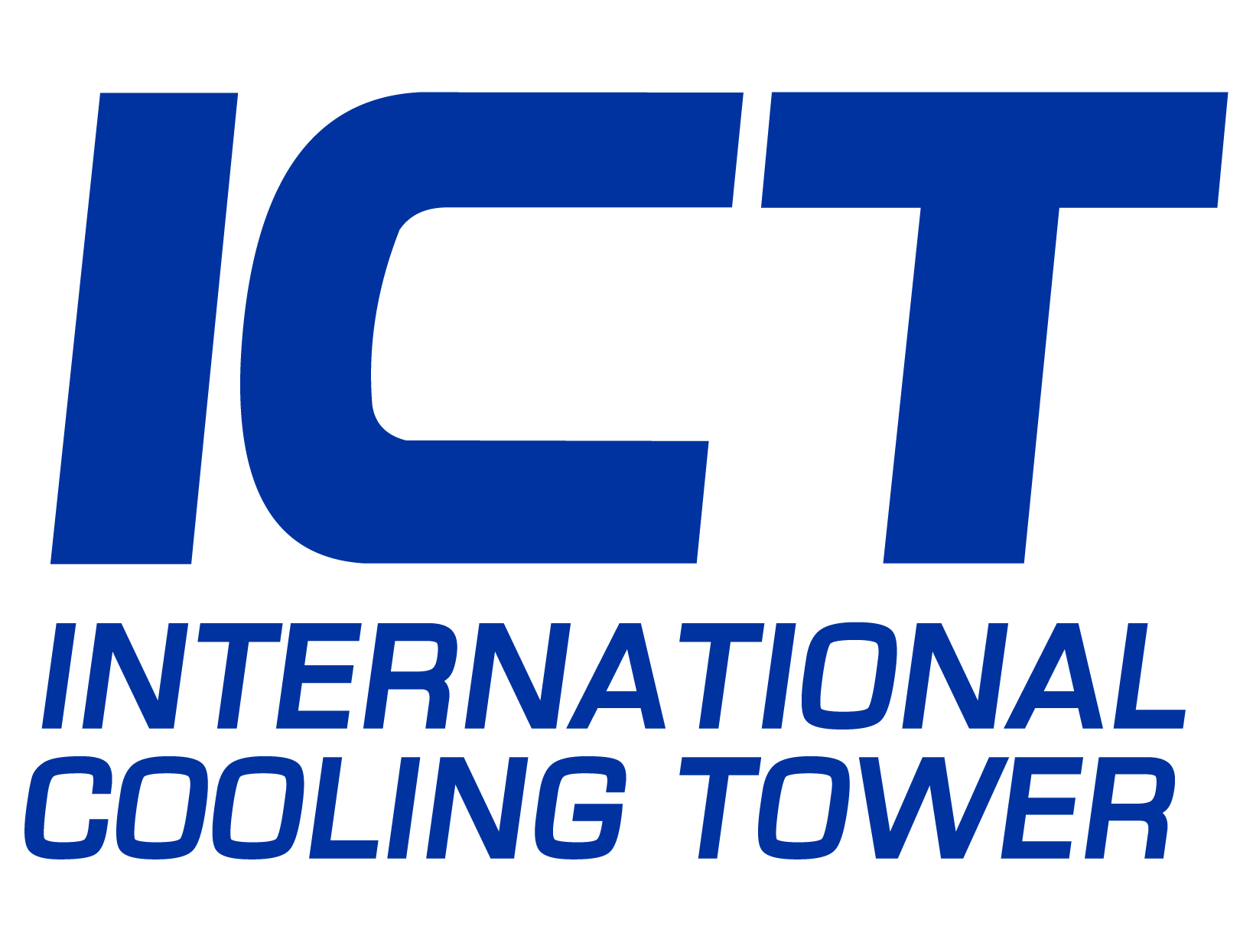This Procedure provides recommended work place strategies to be adhered to within offices and remote worksite facilities where ICT workers or subcontract employees are sheltered. It is aimed at reducing the transmission of a Pandemic illness/disease/virus among employees, maintaining healthy business operation and maintaining a healthy work environment. These recommendations will be updated if additional information becomes available. If any ES&H Directive/initiative and/or Client Policy/Procedure and/or any local, provincial, state or federal regulation and/or any national or international recognized codes and standards applicable to the work scope not otherwise outlined in this plan is more stringent, then ICT will adhere to these requirements upon reasonably being given notice of the same.
ICT will actively encourage sick employees to stay home:
- Employees who have symptoms of the Pandemic illness/disease/virus will be instructed to notify their supervisor and stay home.
- Sick employees will be instructed to follow CDC, State or Provincial recommended steps. Employees will be instructed to not return to work until the criteria to discontinue home isolation are met in consultation with healthcare providers and state, provincial and local health departments.
- Employees who are well but who have a sick family member at home will be instructed to notify their supervisor and self-isolate
- All employees are to follow their local, provincial and federal governmental guidelines for returning to work
In all cases, follow the guidance of your healthcare provider and local health department. The decision to stop home isolation MUST be made in consultation with your healthcare provider and local, provincial, state and federal health departments. Local decisions depend on local circumstances.
All ICT Personnel and Subcontractors:
- Responsibilities
Supervisor:
- Explain to the entire crew the expectations of the importance and requirements around work place strategies including social distancing, cleaning and sanitizing and self-isolation. Project work sites and offices will ensure all workers have the appropriate controls in place to perform the task safely i.e. use of appropriate provided PPE. If hazard cannot be eliminated or controlled a combination of controls may be used.
- Ensure training has been completed and is up to date.
- Ensure workers understand all client procedures/policies as well as ICT expectations.
Worker:
- Practice routine cleaning of frequently touched surfaces (for example: tables, doorknobs, light switches, handles, desks, toilets, faucets, sinks) with household cleaners and EPA-registered disinfectants that are appropriate for the surface.
- Follow label instructions. Labels contain instructions for safe and effective use of the cleaning product including precautions you should take when applying the product such as wearing gloves and making sure you have good ventilation during use of the product.
- Adhere to, acknowledge and understand requirements of cleaning and sanitizing. Workers must follow all site rules and regulations as well as ICT company policies and procedures.
- Understand your responsibilities to self-isolate when required.
- Ensure that site specific training is kept current.
- Inspect PPE prior to use.
- Report all unsafe working conditions to your supervisor and stop work if you feel it is unsafe.
Identify where and how workers might be exposed to the Pandemic illness/disease/virus at work:
- ICT will communicate to all employees that some employees may be at higher risk for serious illness such as older adults and those with chronic medical conditions. Consider minimizing face-to-face contact between these employees or assign work tasks that allow them to maintain a distance of six feet from other workers, customers and visitors, or to telework if possible.
Separate sick employees:
- Employees who appear to have symptoms upon arrival at work or who become sick during the day will be immediately be separated from other employees, customers, and visitors and sent home.
- If an employee is confirmed to have contracted the Pandemic illness/disease/virus, ICT will inform fellow employees of their possible exposure in the workplace but maintain confidentiality as required. The fellow employees will be instructed to then self-monitor for any symptoms.
Educate employees about how they can reduce the spread of the Pandemic illness/disease/virus:
ICT will communicate to employees:
- Employees can take steps to protect themselves at work and at home. Older people and people with serious chronic medical conditions are at higher risk for complications.
- Follow the ICT and Client policies and procedures related to illness, cleaning and disinfecting, work meetings and travel.
- Stay home if you are sick except to get medical care. Learn what to do if you are sick. https://www.cdc.gov/
- If you have a sick family member at home with the Pandemic illness/disease/virus, inform your supervisor and following all recommendations regarding self-isolation, as required.
- Learn what to do if someone in your house is sick. https://www.cdc.gov/
- Wash your hands often with soap and water for at least 20 seconds. Use hand sanitizer with at least 60% alcohol if soap and water are not available.
- Avoid touching your eyes, nose and mouth with unwashed hands.
- Cover your mouth and nose with a tissue when you cough or sneeze or use the inside of your elbow. Throw used tissues in the trash and immediately wash hands with soap and water for at least 20 seconds. If soap and water are not available, use hand sanitizer containing at least 60% alcohol.
- Clean AND disinfect frequently touched objects and surfaces such as workstations, keyboards, telephones, handrails and doorknobs. Dirty surfaces can be cleaned with soap and water prior to disinfection.
- Avoid using other employees’ phones, desks, offices, or other work tools and equipment, when possible. If necessary, clean and disinfect them before and after use.
- Practice social distancing by avoiding large gatherings and maintaining distance (approximately 6 feet or 2 meters) from others when possible.
The ICT HSEQ Director or designee will be responsible for all Pandemic illness/disease/virus issues and their impact in the workplace
- ICT project managers will ensure that adequate levels of staffing are available to meet our clients needs.
- Employees are to be given a call-in number to communicate with site management when they are showing signs of sickness so as not to have the employees arriving at the job site with symptoms that may indicate infection.
- If employees have had close contact with an individual who has the virus or shown signs of having the Pandemic illness/disease/virus, communication will be made with all employees and the respective client.
- ICT will communicate recommended steps to avoid the Pandemic illness/disease/virus and actions to take if they suspect an infection.
ICT will:
- Is prepared to change our business practices if needed to maintain critical operations (e.g., identify alternative suppliers, prioritize existing customers or temporarily suspend some of our operations if needed).
- Has Identified alternate supply chains for critical goods and services.
- Will continue to communicate with subcontractors in relation to ICT expectations and responsibilities with respect to the importance of sick employees staying home and encourage subcontractors to develop non-punitive leave policies.
- Will share best practices with our clients, suppliers and subcontractors to improve response efforts.
Risk Assess ICT essential functions and the reliance that others and the community have on our services or products. ICT:
- Is prepared to change our business practices if needed to maintain critical operations (e.g., identify alternative suppliers, prioritize existing customers or temporarily suspend some of our operations if needed).
- Has Identified alternate supply chains for critical goods and services.
- Will continue to communicate with subcontractors in relation to ICT expectations and responsibilities with respect to the importance of sick employees staying home and encourage subcontractors to develop non-punitive leave policies.
- Will share best practices with our clients, suppliers and subcontractors to improve response efforts.
Absenteeism spikes from increases in sick employees, those who stay home to care for sick family members and those who must stay home to watch their children.
- ICT will monitor and respond to absenteeism at the workplace.
- ICT will implement plans to continue our essential business functions in case we experience higher than usual absenteeism.
- ICT is to institute flexible workplace and leave policies.
- Every effort will be made to cross-train employees to perform essential functions so the workplace can operate even if key employees are absent.
Social distancing shall be implemented as recommended by local, provincial, state and federal health authorities. Social distancing means avoiding large gatherings and maintaining distance (approximately 6 feet or 2 meters) from others when possible (e.g., breakrooms and cafeterias). Strategies that ICT will abide by:
- Implementing flexible worksites as authorized by the ICT COO, Regional Manager or designee (e.g., telework)
- No gatherings greater than 10 employees at any given time
- Interactions must be conducted at a minimum of 6 feet distance
- If 6 feet physical distance cannot be maintained the interaction must be limited to 15 minutes (per interaction) or some form of physical barrier must be used such as:
- Physical barrier such as cubicles or physical dividers between operators, windows etc.
- Locker door may act as a barrier between two individuals but contact must be minimized to as little as possible
- Welding curtains
- White boards
- Cloth Face Coverings
- Face shields (follow standard cleaning procedures)
- Implementing flexible work hours (e.g., staggered shifts)
- Increasing physical space between employees at the worksite
- Increasing physical space between employees and customers (e.g., drive through, partitions)
- Implementing flexible meeting and travel options (e.g., postpone non-essential meetings or events)
- Downsizing operations, “essential services only”
- Delivering services remotely (e.g. phone, video or web)
- Delivering products through curbside pick-up or delivery
In accordance, we need to continue to practice physical distancing and this adheres to busing, project vans and company trucks. For users of site transportation, please consider these practices:
- Riders should ensure they are using window seats only to ensure a one seat barrier between each rider (i.e. do not sit directly next to someone).
- For vehicles with the lower backs, as the natural barrier is not there, passengers will have to sit in every second row and on the window seats only.
Remote project sites will provide project managers or responsible individuals with the authority to take appropriate actions outlined in their Pandemic illness/disease/virus response plan based on local conditions.
Maintain a healthy work environment
ICT will:
- Have each of our staff take their temperature each morning before coming to work and evening, and record. Fluke infrared instruments will be made available to project supervision to monitor employees throughout the work shift.
- Have employees inform their Supervisors if symptoms arise and ensure that employees are completing temperature monitoring.
- Normal temperatures are considered to be less than 38°C (100.4°F).
- If temperature is equal to or greater than 38°C (100.4°F), individuals are not permitted to come to the office or project work site.
Support respiratory etiquette and hand hygiene for employees, customers and worksite visitors:
ICT will:
- Provide tissues and no-touch disposal receptacles.
- Provide soap and water and alcohol-based hand sanitizer that is at least 60% alcohol. If hands are visibly dirty, soap and water should be chosen over hand sanitizer.
- Place posters that encourage hand hygiene to help stop the spread at the entrance to the workplace and in other workplace areas where they are likely to be seen.
- Discourage handshaking and encourage the use of other non-contact methods of greeting.
ICT will:
- Routinely clean all frequently touched surfaces in the workplace, such as workstations, keyboards, telephones, handrails, and doorknobs.
- If surfaces are dirty, they should be cleaned using a detergent or soap and water prior to disinfection.
- For disinfection, follow the manufacturer’s instructions for all cleaning and disinfection products (e.g., concentration, application method and contact time, etc.).
- Discourage workers from using other workers’ phones, desks, offices, or other work tools and equipment, when possible. If necessary, clean and disinfect them before and after use.
- Provide disposable wipes so that commonly used surfaces (for example, doorknobs, keyboards, remote controls, desks, other work tools and equipment) can be wiped down by employees before each use.
a sick employee is suspected or confirmed to have the Pandemic illness/disease/virus, employees will be instructed to follow the ICT cleaning and disinfection recommendations.
Take care when attending meetings and gatherings:
- ICT employees will use videoconferencing or teleconferencing when possible for work-related meetings and gatherings.
- All large work-related meetings or gatherings will be postponed.
- When videoconferencing or teleconferencing is not possible, hold meetings in open, well-ventilated spaces.
- Tool Box meetings and job site Safety Meetings are to be limited to groups of under 10 and practice social distancing.
- Project site meetings are to take place outside with the work crew if at all possible, to facilitate social distancing.
Advise employees before traveling to take additional preparations: ICT will:
- Require all employees to obtain their supervisor’s approval before engaging in any travel whatsoever
- Advise employees to check themselves for symptoms of the Pandemic illness/disease/virus before starting travel and notify their supervisor and stay home if they are sick.
Ensure employees who become sick while traveling or on temporary assignment understand that they should notify their supervisor and promptly call a healthcare provide




